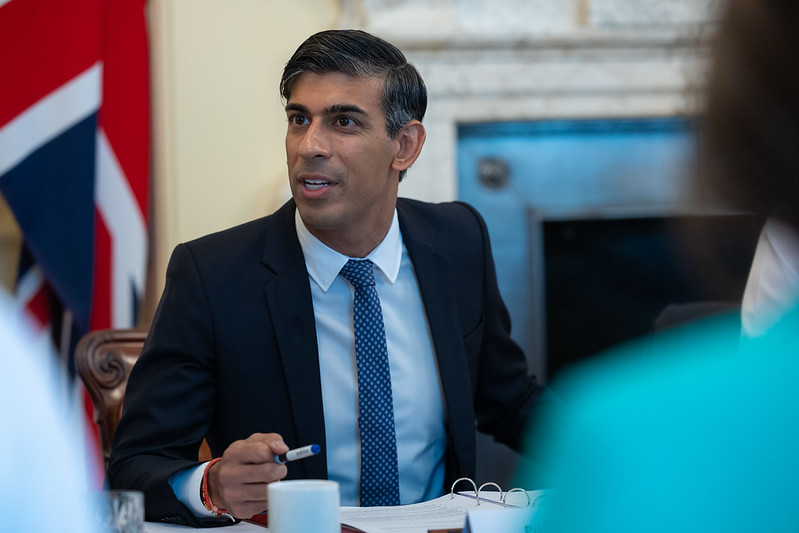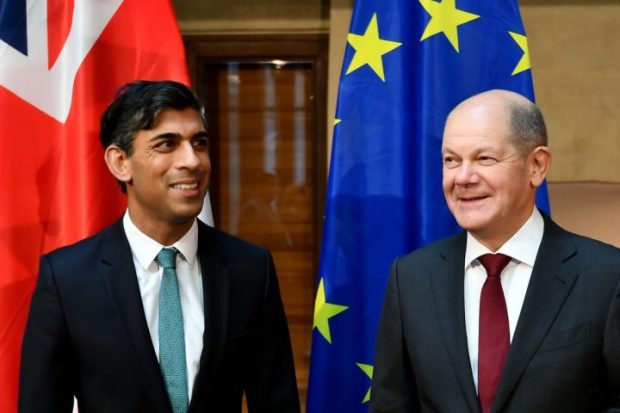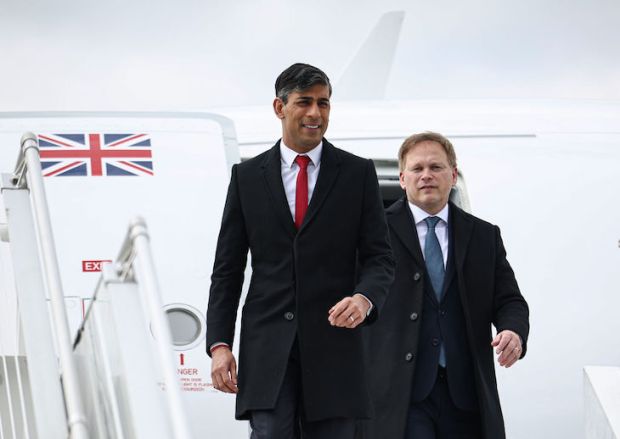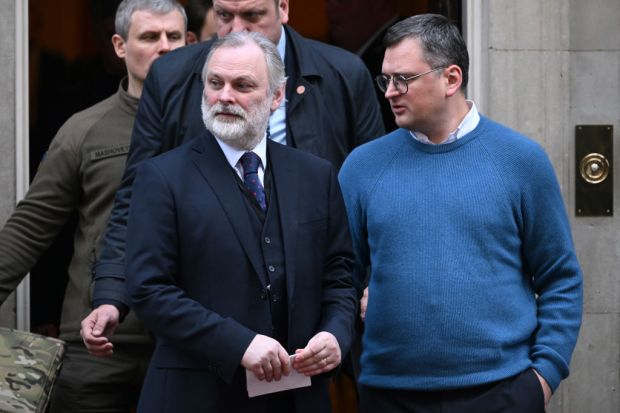Rishi Sunak hadn’t wanted to announce the first part of his ‘vision’ for government this way. He was bounced into the press conference on a new approach to net zero by a massive leak. Towards the end of the Q&A session, the Prime Minister said, slightly testily, that he hoped ‘now people, rather than looking at the speculation, but having now seen what I’ve actually said and the detail of what I was saying can digest it, absorb it, and I think it will command very broad support, not just in our party but also in the country’.
Sunak struggled with accusations that he ‘watered down’ the UK’s commitments on tackling climate change. He insisted repeatedly that the policy changes he was announcing meant the country would still be on track to meet net zero by 2050, but without the unnecessary extra measures that the public had been bounced into. He wants a ‘more pragmatic, proportionate and realistic approach to meeting net zero, that eases the burdens on working people’.
Some of those measures that he listed were indeed government policy, and are now changing. As leaked, one of the main changes was on electric cars, with Sunak arguing that the public should lead the shift away from petrol and diesel vehicles, rather than being forced into it. He said:
The upfront cost still is high, especially for families struggling with the cost of living. Small businesses are worried about the practicalities. And we’ve got further to go to get the charging infrastructure truly nationwide and we need to strengthen our own auto industry so we aren’t reliant on heavily subsidised carbon intensive imports from countries like China.
So to give us more time to prepare, I’m announcing today that we’re going to ease the transition to electric vehicles. You’ll still be able to buy petrol and diesel cars and vans until 2035. Even after that, you’ll still be able to buy and sell them secondhand.
He also attacked the current policies on heat pumps and boilers, claiming that the ‘upfront cost’ of replacing a boiler with a heat pump for a family living in a terraced house in Darlington ‘could be around £10,000’, which meant ‘support will collapse’ for such measures. So there was also an easing of the timetable: ‘You’ll only ever have to make the switch when you’re replacing your boiler anyway, and even then not until 2035, and to help those households for whom this will be the hardest, I’m introducing a new exemption today so that they will never have to switch at all.’
His main rationale for the change was that the current set of policies risked ‘losing the consent of the British people’ for tackling climate change. He complained that the most recent carbon budget had only received seven minutes of debate in the House of Commons – an unusual observation for a prime minister to make given the executive almost always relishes reducing the opportunities for scrutiny by MPs. Incidentally, he didn’t follow up these complaints about proper debate, consent or legislative time with a promise to offer more of any of those things.
His critics have already mocked the apparent irony of Sunak speaking from a lectern emblazoned with the slogan ‘long-term decisions for a brighter future’. He insisted that this was long-termism because it was achievable, but the reality is that there are just months until a general election, and all decisions are being framed in that way. Sunak and senior colleagues like Jeremy Hunt still believe there is a way for the Conservatives to win the next election, and this is an attempt to make that way a little easier to travel. But others in the party who are furious at the announcement may also think the game is up and that they won’t be in power for much longer.
The big question is whether Labour will now pledge to reintroduce those policies once in office. That’s presumably one of the reasons the Prime Minister wanted to make these announcements before conference season, to create further tensions over green matters between his opponents.
Got something to add? Join the discussion and comment below.
Get 10 issues for just $10
Subscribe to The Spectator Australia today for the next 10 magazine issues, plus full online access, for just $10.





















Comments
Don't miss out
Join the conversation with other Spectator Australia readers. Subscribe to leave a comment.
SUBSCRIBEAlready a subscriber? Log in